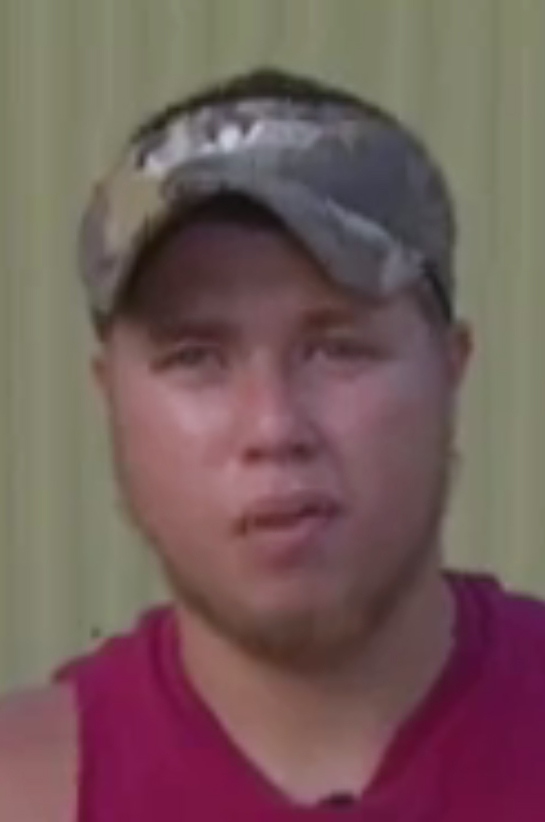COLUMBIA, S.C. — Charging Dylann Roof’s friend may help prosecutors get him to testify about the alleged Charleston church shooter’s state of mind before nine people were killed.
According to an indictment, Joey Meek knew about Roof’s plans to shoot black church members during Bible study at Emanuel African Methodist Episcopal, didn’t report it and lied to the FBI after the massacre.
Meek, 21, faces federal charges that could land him in prison for years. But with Roof already facing federal hate crime charges and nine state counts of capital murder, why would there be a case against Meek?
Legal experts say prosecutors likely want to show Roof’s alleged acts were premeditated and intentional, which are vital to pursuing a death penalty case.
“By having a charge against him (Meek), they have more leverage with him to go ahead and make some sort of plea bargain: You testify. You tell us the truth, and we’ll give consideration on the charges or penalty involved,” long-time defense attorney Jack Swerling said.
During a hearing in Columbia on Friday, Meek answered “yes” to questions about whether he understood the charges of lying to investigators and concealing information and the possible sentences they carry. He pleaded not guilty and his bond was set at $100,000.
Meek hung out with Roof before the June 17 shooting. A day after the shooting, Meek told The Associated Press that Roof had drunkenly complained to him that “blacks were taking over the world” and “someone needed to do something about it for the white race.”
Authorities say Meek knew more, writing in the indictment that he lied to an FBI agent when he said “that he did not know specifics of Dylann Roof’s plan to shoot individuals on a Wednesday, during Bible Study, at an AME Church in Charleston, South Carolina.”
Meek, of Lexington, also said Roof told him that he used birthday money from his parents to buy a .45-caliber Glock semi-automatic handgun. Meek said he took the gun away from Roof the night of his drunken rant but gave it back when he had sobered up.
Swerling said Meek can help prosecutors prove Roof’s state of mind and help show he carefully planned the shootings – an important part of establishing aggravating circumstances in a capital case.
“If somebody makes statements beforehand of what they’re going to do and why, particularly because it’s racially motivated, that’s much more aggravated than someone who’s just is in Charleston and decides to walk in there and shoot somebody,” he said.
Pete Strom, a former U.S. attorney now in private practice in South Carolina, said he expects the government to aggressively pursue any potential witness who could shed light on Roof’s case.
“This guy obviously was close to Roof and, now that he’s charged, in order for him to get any kind of deal, he is going to have to agree to cooperate and most likely pass a polygraph,” Strom said.
Meek is on probation, having pleaded guilty earlier this year to possessing a stolen vehicle.
Copy the Story LinkSend questions/comments to the editors.



Success. Please wait for the page to reload. If the page does not reload within 5 seconds, please refresh the page.
Enter your email and password to access comments.
Hi, to comment on stories you must . This profile is in addition to your subscription and website login.
Already have a commenting profile? .
Invalid username/password.
Please check your email to confirm and complete your registration.
Only subscribers are eligible to post comments. Please subscribe or login first for digital access. Here’s why.
Use the form below to reset your password. When you've submitted your account email, we will send an email with a reset code.